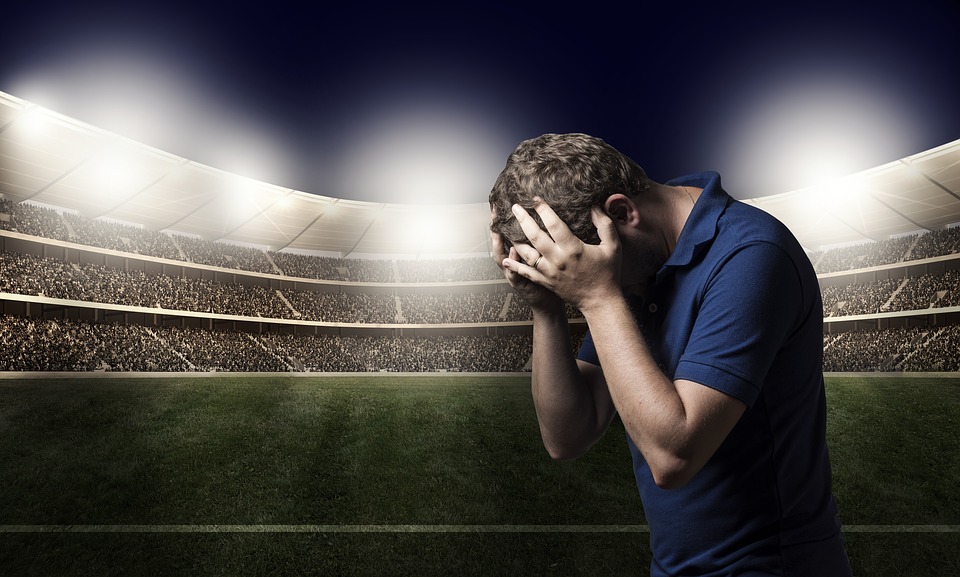This test is run by .
Note that your final mark will not be saved in the system.
Note that your final mark will not be saved in the system.
Individual differences (personality and social facilitation) Typeit
Target Level
C
Running Total
0
0%
Attempt
1 of 3
Type the correct answers into the spaces. Fill all the spaces before clicking ‘Check Answers!’

Social facilitation can be defined as the positive impact that performing in front of an audience has on sporting performance. In contrast, social inhibition is the negative impact on sporting performance when performing in front of an audience. The presence of an audience leads to an increase in arousal, which, when combined with a range of factors, can impact performance output.
Factors affecting social facilitation/inhibition:
- Introverts/Extroverts - when introverts are performing in front of an audience, they tend to display signs of social . This is primarily due to their withdrawn personality traits and their energy levels being drained by the audience, resulting in a lacklustre or unnoticed performance. On the other hand, extroverts tend to thrive in the presence of an audience, displaying signs of social . They are energised by high-arousal situations and are motivated to perform well in order to impress those watching on. At times, this can be to their detriment, as over-trying might lead to early fatigue or aggressive misconduct.
- Beginners/Experts - the presence of an audience for beginners leads to social . This is primarily due to unfamiliarity, especially when the audience is large and is invested in the team's or individual's performance. High levels of arousal might distract an individual and reduce their composure during sporting situations. Experts are more likely to display social because they are used to performing in front of larger crowds and in significant fixtures/events. Moreover, experience often correlates with a greater level of skill and so successful performance comes more naturally.
- Complex/Simple skills - skills are more likely to be socially facilitated by an audience. This is because skills of this type, such as a pass in football, are performed with much greater ease and have less significance in the grand scheme of performance, affording the performer a greater degree of composure. Conversely, the presence of an audience when executing skills is more likely to lead to social inhibition. This is because these types of skill, such as a gymnastics floor routine, require a significant amount of attention, which is difficult when there is the added distraction of an audience.
- Fine/Gross skills - fine skills are often accompanied by high levels of decision-making and so occur best at low levels of . For this reason, the presence of an audience is more likely to lead to social when performing these skills. The presence of an audience when performing gross skills is more likely to lead to social . This is because these types of skill, such as a rugby tackle, do not require a great degree of information processing in order to be performed successfully.
Strategies to minimise social inhibition:
- attention by filtering out audience distraction
- Using cognitive techniques such as mental rehearsal and positive self-talk
- Using relaxation techniques to lower levels of
- Practising skills in the presence of an audience
- Over-learning skills through repetition, increasing autonomy of movement
- Use of -setting to help reduce arousal and anxiety levels